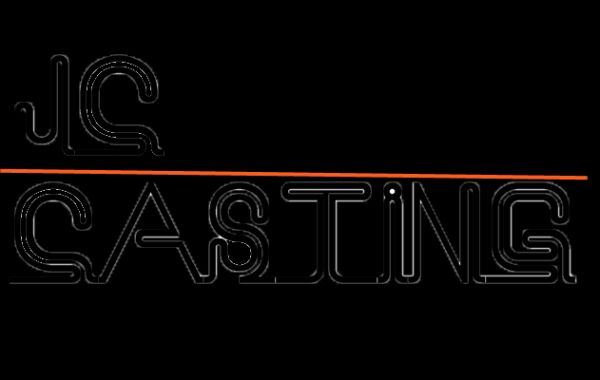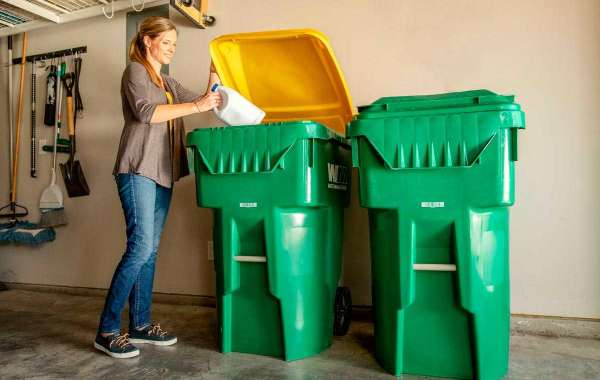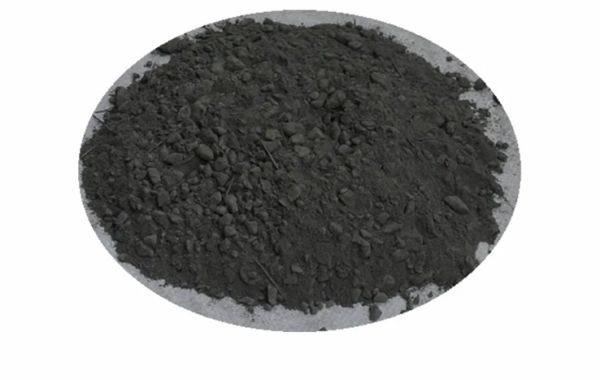When designing and manufacturing new metal parts, investment casting is always considered first because of its high precision, low material waste, dimensional freedom, and low production costs. But this does not mean that investment casting is a panacea. In some cases, tighter tolerances cannot be guaranteed, but can aid machining work. Machining is a personal job that ensures product accuracy. Common processing forms include investment casting processing, sand casting processing, die casting processing, forging processing, bar processing, etc.
As a manufacturer of investment castings, here we would like to talk about the processing of investment castings.
So, what is the processing of investment castings?
Machining is the process of cutting and processing the raw material (investment casting blanks) for the finished product. This is a great way to ensure unique shape accuracy. Metalworkers use cutting, drilling, forming, grinding, and more to create final machined investment castings that are durable and accurate in detail.
Processing operations for investment castings
There are many types of CNC machining operations, each capable of producing a certain part geometry and surface texture.
In turning, a cutting tool with a single cutting edge is used to remove material from a rotating investment cast part to create a cylindrical shape. Primary motion is provided by rotating the product, and feed motion is achieved by slowly moving the cutting tool in a direction parallel to the axis of rotation of the investment casting.
Drilling is used to create circular holes. It is done with a rotary tool, usually with two or four helical cutting edges. The tool is fed into the investment casting in a direction parallel to its axis of rotation to form a circular hole.
In boring, a tool with a single curved tip is advanced into a rough-machined hole in a rotary investment cast part to slightly enlarge the hole and improve its accuracy. It is a finishing operation used in the final stages of product manufacture.
Reaming is one of the dimensional operations that removes a small amount of metal from a drilled hole.
In milling, a rotating tool with multiple cutting edges is moved slowly relative to the material to create a flat or straight surface. The direction of the feed movement is perpendicular to the axis of rotation of the tool. Velocity motion is provided by the rotary milling cutter.
There are other traditional machining operations. For high-precision dimensions and tolerances, investment castings can only be machined by CNC, which is costly.
Why process investment castings?
One of the main advantages of machining investment castings is their accuracy. If dimensions and dimensional tolerances are too tight for the investment casting process, features or holes must be machined. Various casting processes have different capabilities to achieve certain tolerances.
Machining also provides a better surface finish, which is important in applications where the part is intended to form a seal with another component or components. However, machining becomes expensive when multiple jigs and fixtures must be designed and produced to machine different planes of the part. Additional time is also required to change the machine settings for each plane to be machined. Cast features eliminate secondary machining costs.
A single run adds additional production time and cost. If machining can meet all the needs of the application, then the additional cost of doing so is negligible.
Application of Machined Investment Castings
Investment casting is used in almost all industries (agriculture ,mining, medical, aerospace, pump valves, etc.) to create various components. Machining investment casting involves machining the part after it is manufactured so that it meets the exact specifications of the company. In these types of industries, it is important to ensure that any precise measurements are achieved in machined investment casting, and Jischuancasting has the experience and authority to provide you with this service and product. As a professional investment casting and machining company in China, we always have the equipment and experience to provide high quality machined investment castings at competitive prices. If your next project requires machined castings, we are here to help! Contact us today!








